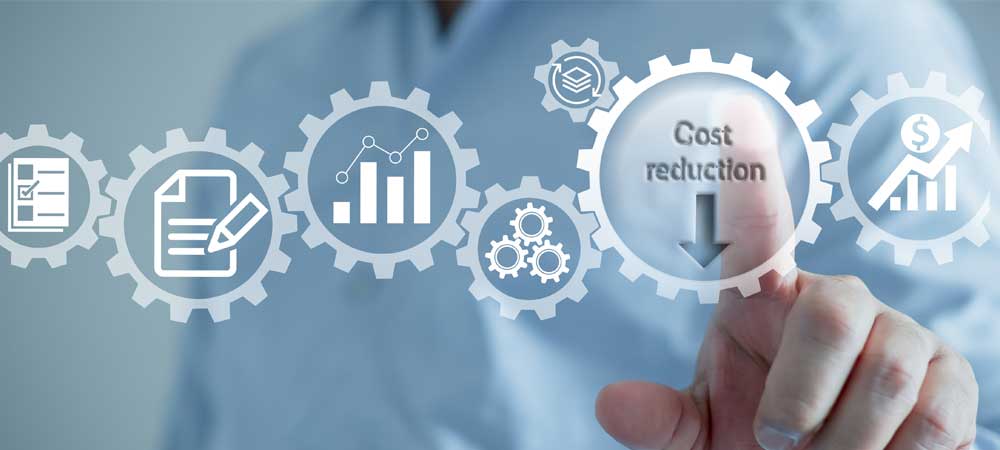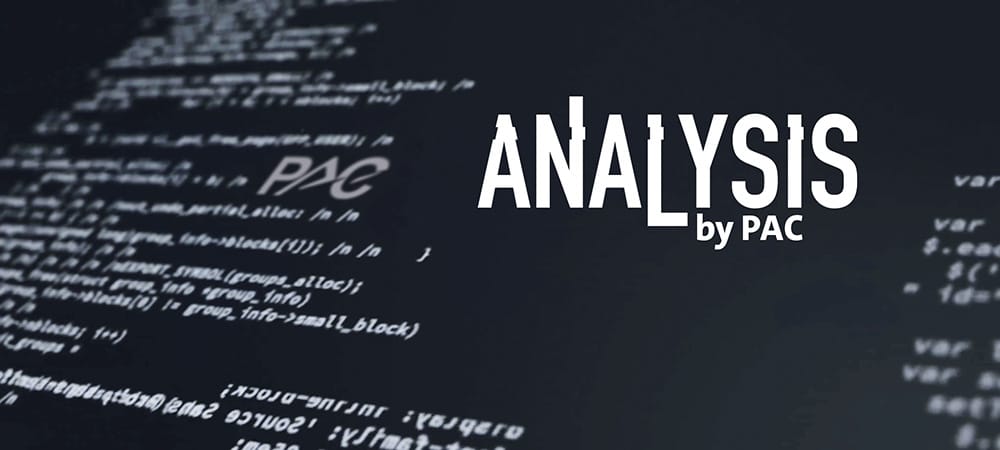Squeezing prices is not enough


Corona pandemic, climate change, inflation, energy crisis and the Russian invasion of Ukraine have become top risks for global supply chains. At the same time, the issue of sustainability is gaining enormous importance for purchasing organizations. For example, there is growing pressure from the regulatory side to require suppliers to comply with defined standards for environmental protection, business ethics, working conditions and human rights. The latest example is the Supply Chain Sourcing Obligations Act (LkSG), which will apply from January 1, 2023, to all companies with a registered office or branch and at least 3,000 employees in Germany. In the future, these companies will have to prove in the form of annual reports that they uphold human rights within their supply chain. From January 1, 2024, companies with 1,000 or more employees will also be affected.
In order to be able to rule out impending supply bottlenecks and meet the increasing legal requirements, purchasing organizations need timely transparency. This ranges from risk analyses at commodity group and supplier level to the evaluation of external market data and the company's own supply obligations to the identification of alternative sources of supply.
Efficiency in view
However, the focus of procurement continues to be on cost savings. Increasing competitive pressure continues to force buyers to effectively exploit the performance and cost potential of their suppliers in order to achieve product quality and return on investment. The contract is awarded to those suppliers who offer the required delivery quantities in the required quality on time and on a sustained basis at the best price. To implement this principle, a wide range of purchasing activities is required, such as the search for and selection of suitable suppliers, invitations to tender, bid reviews, pricing and contract management. Added to this is the systematic development of existing and new suppliers.
Finally, procurement organizations are increasingly confronted with the issue of innovation. According to current studies, companies will automate a large part of their operational and strategic processes in the coming years in order to meet growing customer and market requirements. Purchasing has a key role to play in this process, as it forms the central interface between internal and external partners in the value chain. Innovations in the area of data analytics and data management are of particular importance in order to achieve early identification and avoidance of supply risks, targeted purchasing management, and increased value creation in procurement.
Third-party solutions
SAP-based purchasing organizations have a growing number of cloud-based third-party solutions at their disposal to address today's complex challenges. For example, there is the AI-based cloud solution Scoutbee, which sifts through millions of supplier profiles available on the Internet and billions of data records. This not only helps buyers find suitable suppliers, but also enables them to check their trustworthiness. Specialized procurement solutions such as Archlet's help analyze supplier responses to large tenders based on AI-supported, dynamic scenarios in order to make holistic decisions when awarding contracts.
Another example is offered by the IntegrityNext platform, which covers regulatory corporate social responsibility (CSR) and sustainability requirements. This enables companies to monitor thousands of suppliers with minimal administrative effort. In turn, the Apsolut Negotiation Bot handles automated renegotiations with suppliers. Without spending additional time, purchasing organizations achieve better terms and conditions. Using the Apsolut Procurement Chatbot, employees order indirect materials quickly and easily via chat.
Buyers have the choice
Some cloud-based solutions for SAP-based purchasing can be found on the SAP.iO program platform. With this innovation program, SAP supports internal and external start-ups worldwide in founding and scaling their companies and facilitates access to new products for existing SAP customers. In this regard, much of the new innovation in procurement is focused on the analysis of data from a wide variety of sources for strategic decision-making. But the diverse range of innovative cloud solutions available to companies raises a number of questions. On the one hand, many procurement organizations are unsure which solutions will best meet their requirements. On the other hand, IT departments are faced with the tricky task of integrating the new solutions into the existing IT system landscapes, SAP purchasing processes and platforms - whether it is SAP Ariba, SAP ECC, S/4 Hana or S/4 Central Procurement (CP).
Integration scenarios
A platform with ready-made integration scenarios for a wide range of third-party providers can be of benefit to these companies. This gives them the opportunity to integrate the required innovations into their SAP-based purchasing landscape via plug-and-play in just a few steps. These solutions are provided in user-friendly interfaces and are tailored precisely to a company's purchasing requirements. Existing integration scenarios can be adapted just as quickly and flexibly to changed requirements or supplemented with new providers.
SAP and Ariba consulting partner Apsolut offers such a platform as part of its new Innovation Integration as a Service offering. This offering bundles many years of SAP process and technology expertise with modern cloud services. For example, Apsolut has pre-qualified numerous innovative cloud solutions from the procurement environment to advise companies on their selection and establish them with a change management approach among buyers. In addition, the cloud-based Apsolut Fluid platform provides the necessary IT infrastructure to seamlessly connect the partner solutions with each other and with the SAP-based purchasing solutions.
This IT infrastructure is supported by the SAP Business Technology Platform (BTP). This means that customers receive all the innovations their purchasing organizations need to meet current requirements from a single source. They obtain the integration "as a service" and are supported in day-to-day IT operations in the event of questions, problems and incidents. In addition, the platform will provide buyers with a library containing an overview of pre-qualified, innovative solutions. Customers can gather ideas there on how to make their own purchasing processes more innovative.
In addition, Apsolut is interested in making other innovative cloud-based solutions available to SAP-based purchasing organizations. Third-party providers should get in touch. After successful evaluation, it is possible to include the solutions in question in the new Innovation Integration as a Service program. Conversely, Apsolut is open to suggestions from SAP user companies. In this case, a co-innovation approach can be pursued with the customer to make the innovation available via the Fluid platform.






